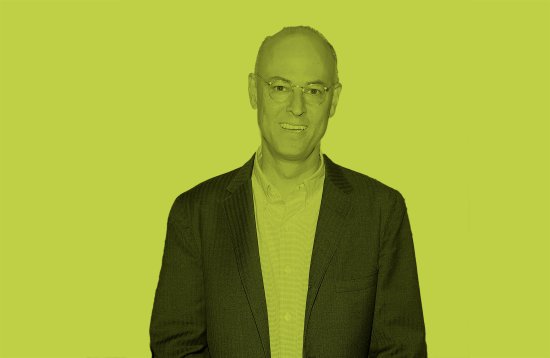
Great achievers constantly push themselves to beyond their abilities
Michael Jordan didn’t make varsity in 10th grade. Einstein flunked his first entrance exam to Zurich Polytechnic. Mozart’s early compositions were mere imitations of other people’s work.
They weren’t born geniuses. They became geniuses.
For a long, long time, humans embraced the seductive ideology of innate talent: “Don’t ask, young artist, ‘what is genius?’” wrote Jean-Jacques Rousseau in 1768. “Either you have it—then you feel it yourself, or you don’t—then you will never know it.”
Science now refutes this notion. We now understand that talent is a slow accumulation of millions of tiny skills. Talent is not a thing; it’s a process.
[time-brightcove not-tgx=”true”]
We know now that the real genius is our shared human architecture, the standout theme of which is constant adaptation. Our brains and bodies do not carry out strict genetic orders. Rather, genes express themselves (turn on and off) in response to environmental demands and emotional needs. Similarly, our brains change constantly in response to our experience. Gene expression and brain plasticity are the underlying fundamentals in everything you do and become, from the first moment you were conceived to the last breath you will take. How smart you are, how strong, how musical, how empathic, and so on, all depends on the developmental process.
This isn’t to say that we’re all perfectly equal or have precisely the same potential. Development is all about inputs: nutrition, parents, schools, practice, equipment, ideas and, yes, genes. Differences do matter.
So how to maximize your potential? First, realize that it’s not fixed by some IQ number or genetic marker. Second, embrace failure. Great achievers constantly push themselves to beyond their abilities and then seek to understand specifically what can help them improve.
The importance of adopting a developmental mindset cannot be underestimated. In a landmark experiment, Stanford psychologist Carol Dweck praised one group of 7th graders for their innate intelligence; she praised a second group for working hard to build their intelligence. More than half of the kids praised for their inborn intelligence chose not to take on more difficult work; a staggering 90% of the second group chose more difficult work.
Following Dweck, Angela Duckworth at the University of Pennsylvania has demonstrated the importance of two traits key to that mindset: grit (sustaining effort toward very long-term goals) and self-control (regulation of impulses).
What makes genius is this: the unrelenting pursuit of it.
David Shenk is author of The Genius in All of Us: New Insights into Talent, Intelligence and I.Q.
